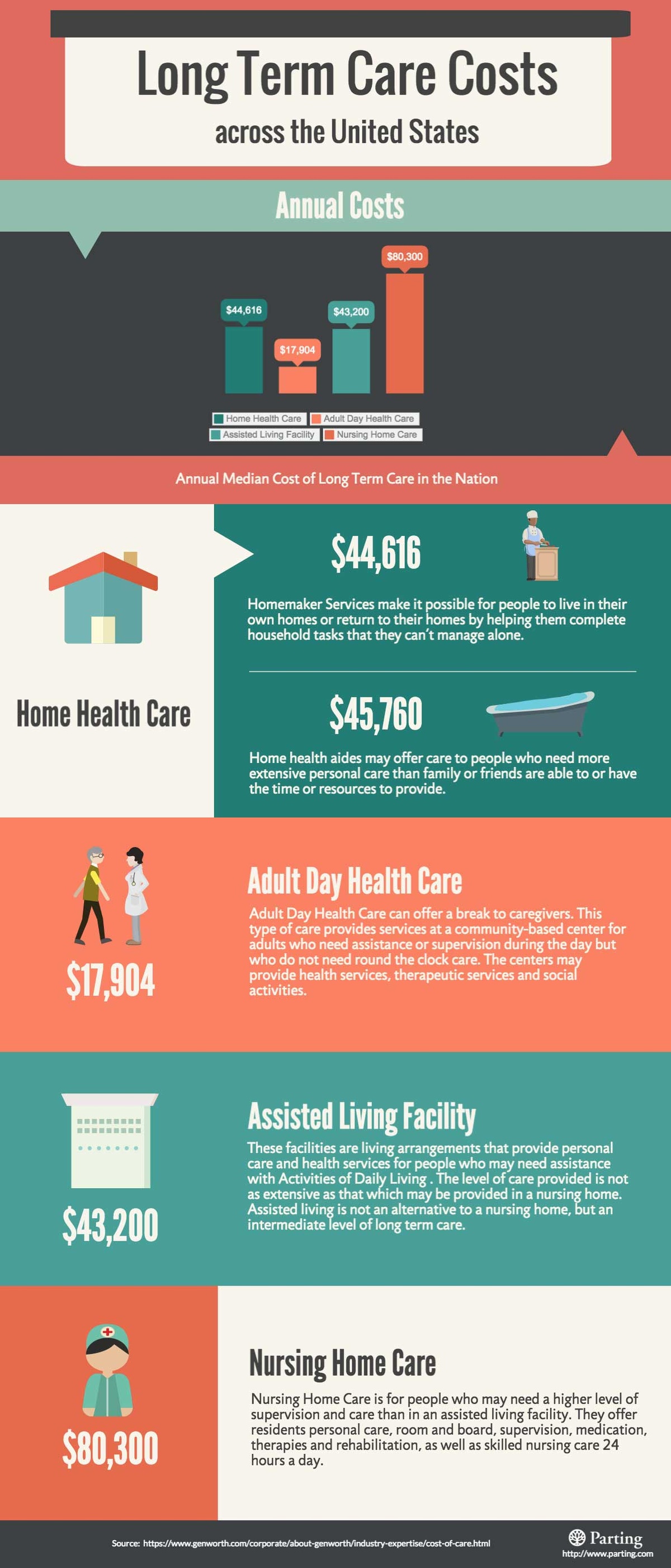Recent Videos
Let's talk!
Rumored Buzz on What Is Florida Unemployment Insurance
-
Funds are entitled to enforce a waiting period of up to 12 months on benefits for any medical condition the signs and signs of which existed during the 6 months ending on the day the person very first secured insurance. They are also entitled to impose a 12-month waiting duration for benefits for treatment connecting to an obstetric condition, and a 2-month waiting duration for all other advantages when an individual first gets private insurance coverage. Funds have the discretion to lower or get rid of such waiting durations in specific cases. They are likewise free not to enforce them to start with, but this would put such a fund at threat of "adverse choice", bring in a disproportionate number of members from other funds, or from the swimming pool of intending members who might otherwise have actually joined how does timeshare cancellation work other funds.
The advantages paid for these conditions would create pressure on premiums for all the fund's members, causing some to drop their membership, which would result in additional increases in premiums, and a vicious circle of higher premiums-leaving members would ensue. [] The Australian federal government has presented a number of rewards to encourage adults to take out private hospital insurance. These consist of: Life time Health Cover: If an individual has actually not taken out private medical facility cover by 1 July after their 31st birthday, then when (and if) they do so after this time, their premiums need to include a loading of 2% per annum for each year they lacked medical facility cover.
The loading is removed after 10 years of continuous healthcare facility cover. The loading uses just to premiums for hospital cover, not to ancillary (additionals) cover. Medicare Levy Surcharge: Individuals whose taxable earnings is greater than a defined quantity (in the 2011/12 monetary year $80,000 for songs and $168,000 for couples) and who do not have an appropriate level of private healthcare facility cover need to pay a 1% additional charge on top of the requirement 1. 5% Medicare Levy. The reasoning is that if the individuals in this income group are required to pay more money one method or another, most would choose to buy hospital insurance with it, with the possibility of an advantage on the occasion that they need private healthcare facility treatment rather than pay it in the kind of additional tax as well as needing to satisfy their own personal hospital expenses.

These changes need legal approval. An expense to change the law has actually been presented but was not passed by the Senate. A modified variation was passed on 16 October 2008. There have actually been criticisms that the modifications will cause many individuals to drop their personal health insurance, causing an additional burden on the general public healthcare facility system, and an increase in premiums for those who remain with the personal system. Other analysts think the result will be very little. Private Health Insurance Rebate: The federal government subsidises the premiums for all personal medical insurance cover, including healthcare facility and ancillary (additionals), by 10%, 20% or 30%, depending on age.

While this move (which would have required legislation) was defeated in the Senate at the time, in early 2011 the Gillard Federal government announced plans to reestablish the legislation after the Opposition loses the balance of power in the Senate. How much life insurance do i need. The ALP and Greens have long been against the refund, describing it as "middle-class well-being". As per the Constitution of Canada, health care is generally a provincial federal government responsibility in Canada (the main exceptions being federal government obligation for services offered to aboriginal individuals covered by treaties, the Royal Canadian Mounted Police, the militaries, and Members of Parliament). Subsequently, each province administers its own health insurance coverage program.
Some Of What Is Insurance
Under the Canada Health Act, the federal government mandates and implements the requirement that all individuals have totally free access to what are described "medically needed services," specified mainly as care delivered by doctors or whats time share in health centers, and the nursing component of long-term property care. If provinces allow medical professionals or organizations to charge clients for clinically required services, the federal government reduces its payments to the provinces by the amount of the forbidden charges. Jointly, the general public provincial medical insurance systems in Canada are often described as Medicare. This public insurance is tax-funded out of basic government revenues, although British Columbia and Ontario levy an obligatory premium with flat rates for individuals and households to produce extra incomes - in essence, a surtax.
4 provinces permit insurance for services also mandated by the Canada Health Act, but in practice, there is no market for it. All Canadians are complimentary to utilize personal insurance for optional medical services such as laser vision correction surgical treatment, cosmetic surgical treatment, and other non-basic medical treatments. Some 65% of Canadians have some form of extra private medical insurance; a lot of them receive it through their employers. Private-sector services not spent for by the government represent almost 30 percent of overall healthcare costs. selling a timeshare without upfront fees In 2005, the Supreme Court of Canada ruled, in, that the province's prohibition on personal insurance coverage for health care currently guaranteed by the provincial strategy breached the Quebec Charter of Rights and Freedoms, and in specific the areas handling the right to life and security, if there were unacceptably long wait times for treatment, as was alleged in this case.
World map of universal health care. How much is flood insurance. Nations with complimentary and universal health care The national system of medical insurance was instituted in 1945, simply after the end of the Second World War. It was a compromise in between Gaullist and Communist representatives in the French parliament. The Conservative Gaullists were opposed to a state-run health care system, while the Communists were supportive of a complete nationalisation of health care along a British Beveridge design. The resulting programme is profession-based: all individuals working are needed to pay a portion of their earnings to a not-for-profit health insurance coverage fund, which mutualises the danger of illness, and which repays medical expenditures at differing rates.
Each fund is complimentary to manage its own spending plan, and utilized to reimburse medical expenses at the rate it pleased, however following a variety of reforms in recent years, most of funds supply the exact same level of reimbursement and benefits (How much is dental insurance). The federal government has two responsibilities in this system. The very first government obligation is the fixing of the rate at which medical costs should be negotiated, and it does so in two methods: The Ministry of Health directly negotiates costs of medication with the producers, based on the typical rate of sale observed in surrounding countries. A board of physicians and professionals decides if the medication supplies an important sufficient medical advantage to be reimbursed (note that the majority of medicine is repaid, consisting of homeopathy).

